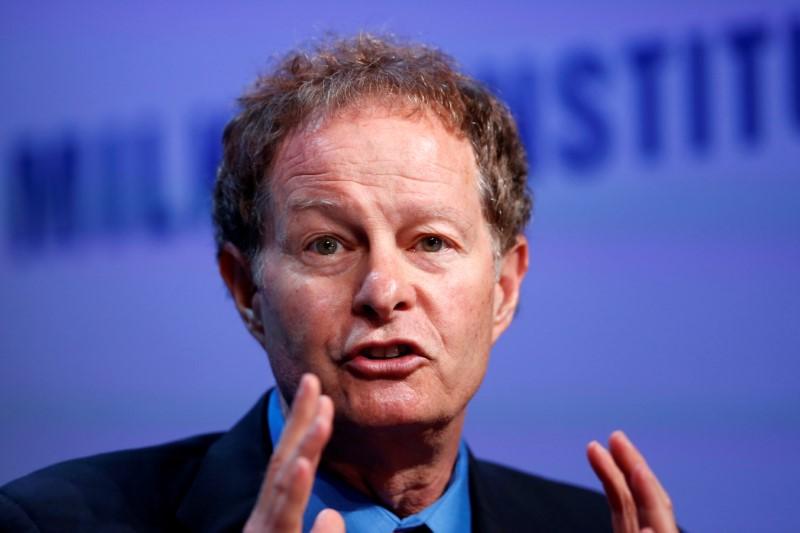Whole Foods founder and CEO John Mackey told the American Enterprise Institute in a livestreamed interview on Tuesday that socialism is a failed system that “impoverishes everything” and characterized it as “trickle-up poverty.”
Mackey, who co-authored the book “Conscious Capitalism,” said that “socialism has been tried 42 times in the last 100 years, and 42 failures. It doesn’t work, it’s the wrong way. We have to keep capitalism.”





